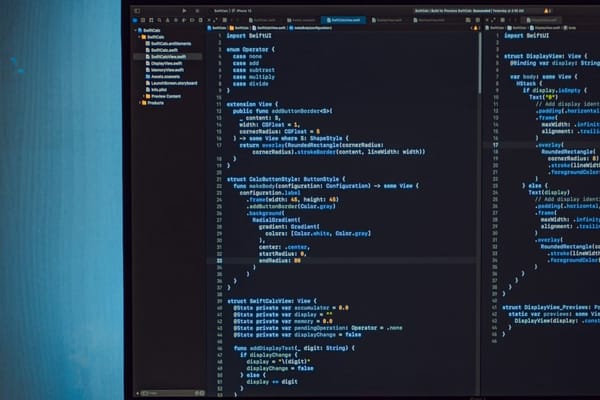Why, what, and how do I write?
On writing daily for over 750 days

I've written daily on LinkedIn for 756 days. Why, what and how do I write? Here's a quick introduction of myself.
I had lunch with the CTO of a regional data centre operator this week. We had a great catch up and he asked questions that got me thinking.
- Do I make money from LinkedIn?
- How do I manage disinformation?
I realised it's difficult to put a finger on what I do, as I don't fit into any box.
- I'm not in sales.
- I have no courses to sell.
- I'm not trying to get a new job.
What's my agenda for producing so much rich content? I thought I'd share today.
The simple reason
When I started writing on LinkedIn, it began as a branding exercise that the experts seemed to encourage. I guess it sort of worked, and I've kept at it.
Along the way, I discovered that:
- I love writing.
- Technology interests me.
- I enjoy sharing what I know.
That's it.
And oh, I hope to drive positive conversations and raise awareness in the fields I care about.
At some point, I'll have to figure out a monetisation strategy to keep things sustainable. But that isn't what drives me.
Why, what and how
I write to improve my writing, compel myself to stay at the forefront of tech, sharpen my mind, and to share my learnings with others.
As you can probably tell, my current interests are diverse, and range from AI, data centres, cybersecurity, sustainability, enterprise IT, to gadgets.
How do I decide what to incorporate into a post? Here's my guideline:
- It isn't written out of malice.
- Information is attributed.
- Reporting must be fair.
When it comes to sources, it should be:
- In the public domain.
- Not under embargo.
- From people I trust.
I use AI as much as I can, but only to help me write faster and better, not rehash old paragraphs to pass off as new content.
Secrets and disinformation
It’s par for the course that vibrant industries are full of confidential developments. The irony? Some - like the data centre industry - are also among the most talkative.
Disinformation attempts do happen. After all, the vested interests are significant.
Here's my stance:
- I don't share what I agree to keep in confidence.
- You can tell me anything and I'll listen
- ... but I won't always write about it.
Giving help
I'm happy to help where possible, especially if you are floundering or overwhelmed. But I'm no trust fund kid. I can't:
- Study endless products and write about them.
- Keep helping in surveys where you get paid.
- Give free consultations.
However, I'm always happy to catch up, share what I know, or just exchange ideas. Hope this gives a clearer picture - and thanks for reading!




